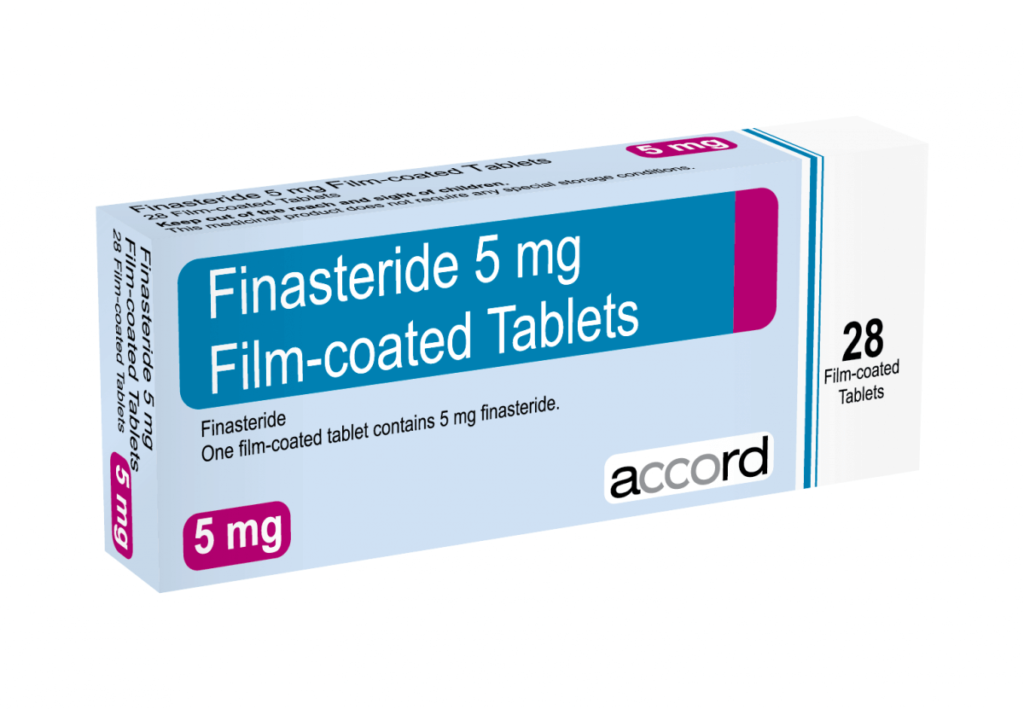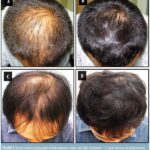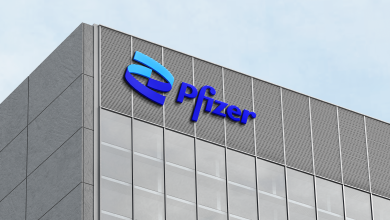Does Finasteride Cause Female Breast Cancer?

According to the World Health Organization, there are over 2.3 million women with breast cancer and 685 000 deaths yearly. As of the end of 2020, there were 7.8 million women alive who were diagnosed with breast cancer in the past 5 years, making it the world’s most prevalent cancer. About 1 in 8 women are diagnosed with breast cancer during their lifetime.
There are several medications that have been linked to breast cancer in women. For example, studies indicate that a slightly increased risk of breast cancer is associated with use of calcium channel blockers (CCBs).
Medications that cause female breast cancer are believed to disrupt hormone function by mimicking oestrogen. Too much oestrogen can trigger an increase in breast cell division and growth of tumours, which is why their use has been linked to breast cancer and reproductive issues.

What is finasteride?
Finasteride is a prescription drug, which comes as an oral tablet. Finasteride oral tablet is available as the brand-name drugs Proscar and Propecia. It’s also available as a generic drug. Generic drugs usually cost less than the brand-name version. In some cases, they may not be available in every strength or form as the brand-name drug.
The condition that finasteride is used to treat depends on the type of the drug used. Proscar is used to treat the symptoms of enlarged prostate (benign prostate hyperplasia). It may be used as part of a combination therapy. That means you need to take it with other drugs. It can also be taken with doxazosin to reduce the risk of progression of symptoms of enlarged prostate.
Propecia is used to treat male pattern hair loss. Finasteride isn’t prescribed for use in women or children.
How finasteride works
Finasteride works by decreasing the amount of the hormone dihydrotestosterone (DHT) in your body. DHT normally causes your prostate to grow larger. The decrease in DHT helps prevent your prostate from growing larger. It also leads to increased hair growth and decreased hair loss of the hair on your head. Hair growth on other parts of the body isn’t affected.
Does finasteride cause female breast cancer?
Yes, finasteride can cause female breast cancer. Several cases of carcinoma of breast have been reported in female patients using finasteride within 1 year. Studies have shown that even a short duration of finasteride therapy may be sufficient to induce carcinoma of breast in women because of the presence of endogenous oestrogen.
What are the other Side effects of finasteride?
Finasteride may cause side effects. Tell your doctor if any of these symptoms are severe or do not go away:
• inability to have or maintain an erection
• decreased sexual desire
• problems with ejaculation (including decreased volume of ejaculate)
• pain in the testicles
• depression
Some side effects can be serious. If you experience any of these symptoms, call your doctor immediately:
• changes in the breasts such as increased size, lumps, pain, or nipple discharge
• rash
• itching
• hives
• swelling of the lips and face
• difficulty breathing or swallowing
Finasteride may cause other side effects. Call your doctor if you have any unusual problems while taking this medication.
Taking finasteride may also increase the risk of developing high-grade prostate cancer (a type of prostate cancer that spreads and grows more quickly than other types of prostate cancer) in men. Talk to your doctor about the risks of taking finasteride.
If you experience a serious side effect, you or your doctor may send a report to the Food and Drug Administration’s (FDA) MedWatch Adverse Event Reporting program online (http://www.fda.gov/Safety/MedWatch) or by phone (1-800-332-1088).
Drug Interactions
Although certain medicines should not be used together at all, in other, cases two different medicines may be used together even if an interaction might occur. In these cases, your doctor may want to change the dose, or other precautions may be necessary. When you are taking this medicine, it is especially important that your healthcare professional knowS if you are taking any of the medicines listed below. The following interactions have been selected on the basis of their potential significance and are not necessarily all-inclusive.
Using this medicine with any of the following medicines may cause an increased risk of certain side effects, but using both drugs may be the best treatment for you. If both medicines are prescribed together, your doctor may change the dose or how often you use one or both of the medicines.
• St John’s Wort
Other Interactions
Certain medicines should not be used at or around the time of eating food or eating certain types of food since interactions may occur. Using alcohol or tobacco with certain medicines may also cause interactions to occur. Discuss with your healthcare professional the use of your medicine with food, alcohol, or tobacco.





